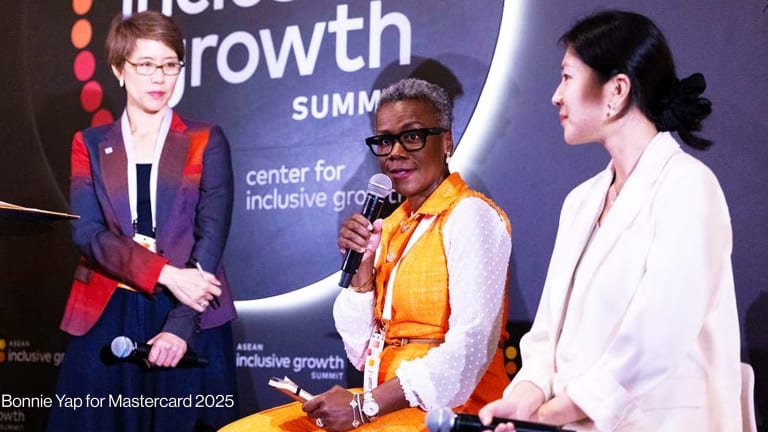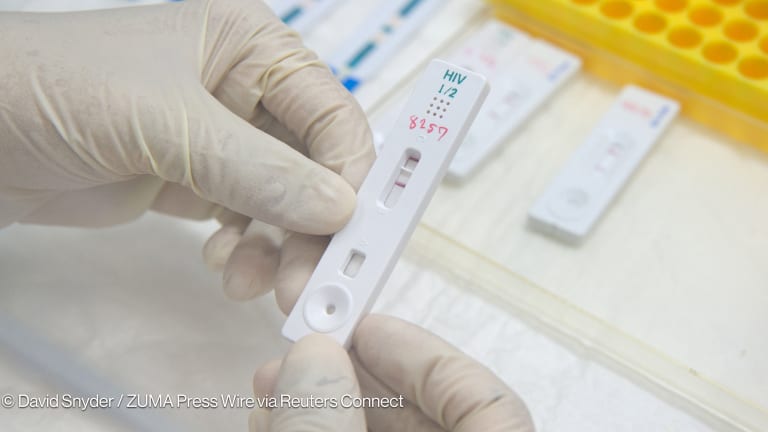
The economies of many developing countries in Asia-Pacific are growing fast, but their social protection systems are not keeping pace.
Many people in these countries thus find themselves vulnerable to risks like unemployment, sickness, and natural disasters, with governments falling short in providing adequate social protection to overcome those hardships. This so-called “missing middle” in middle-income countries do not live in extreme poverty, so are not eligible for many types of social assistance.
So how can international development help?
Bart W. Édes, director for poverty reduction, gender and social development in the Asian Development Bank’s Regional and Sustainable Development Department, says that development agencies including his bank can play a role not only in terms of financing, but also by sharing best practices and reviewing social protection systems.
“Formal social protection is largely a domestic policy issue, with governments taking the lead in terms of setting a policy and legal framework, and allocating public monies,” he told Devex.
Édes added that increasing regional integration and mobility in Asia-Pacific means that social protection concerns are spilling across borders, leading to situations where migrant workers lack health insurance or can no longer contribute to a pension program in their host nation.
Development agencies can support national governments by helping to finance the expansion of conditional cash transfer programs, which are a major part of anti-poverty strategies in countries like Pakistan and the Philippines. CCTs and other social protection instruments are especially important to society’s most vulnerable groups, including women, the elderly , those living in areas prone to hazardous climate and people working in the informal sector, noted Édes.
Social Protection Index
ADB on Monday published a report on the Social Protection Index, an instrument for measuring how well governments ensure social protection for their populations in 35 countries across Asia-Pacific.
The report says that while a few nations already spend over 8 percent of their gross national incomes on social protection programs, other countries — mostly middle-income nations like Armenia, Fiji, India, Indonesia, Pakistan, the Philippines and Samoa — still contribute less than 3 percent of GDP. The study also notes that social benefits go mainly to male employees, while women and those working in the informal sector get much less help, and very little is spent on labor market initiatives.
More spending on schemes such as micro-insurance for those vulnerable to natural disasters, broadening the tax base for governments to collect more revenues and engaging the private sector to contribute to social protection are key to addressing the problem in the future, the study recommends.
Édes said that domestic resources for social protection can complement support from international development agencies, which can also provide advice on improving public expenditure management in order to free up more funds for social protection.
“Developing countries in the region are becoming more wealthy and now have more resources to invest in social protection … [they] can increase the budget available for social protection by improving coordination among overlapping programs, and in some cases consolidating them to curtail duplication” and “curtail inefficient fuel subsidy programs that actually provide more benefits for the non-poor than the poor,” he explained.
Finally, the private can also play a very important role.
The private sector can play a big role in strengthening national social protection systems. For example, insurance firms can offer products like pension schemes and micro-insurance against economic, environmental, and health risks. The private sector can also help to prepare workers for the labor market. Édes gave the example of Bagosphere and Kalibrr, two social enterprises that are proving skills training for the jobless and underemployed to secure better jobs in the Philippines.
“The government cannot alone provide adequate social protection for everyone. In addition to the private sector, families, communities, and civil society all have a role to play,” he added.
Read more development aid news online, and subscribe to The Development Newswire to receive top international development headlines from the world’s leading donors, news sources and opinion leaders – emailed to you FREE every business day.








